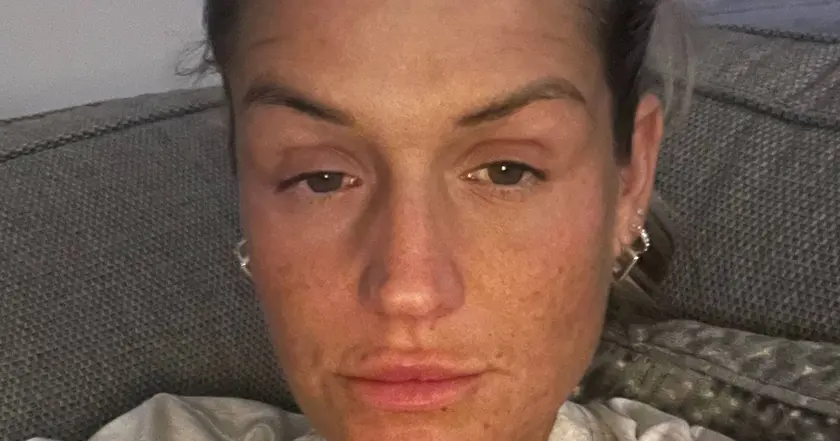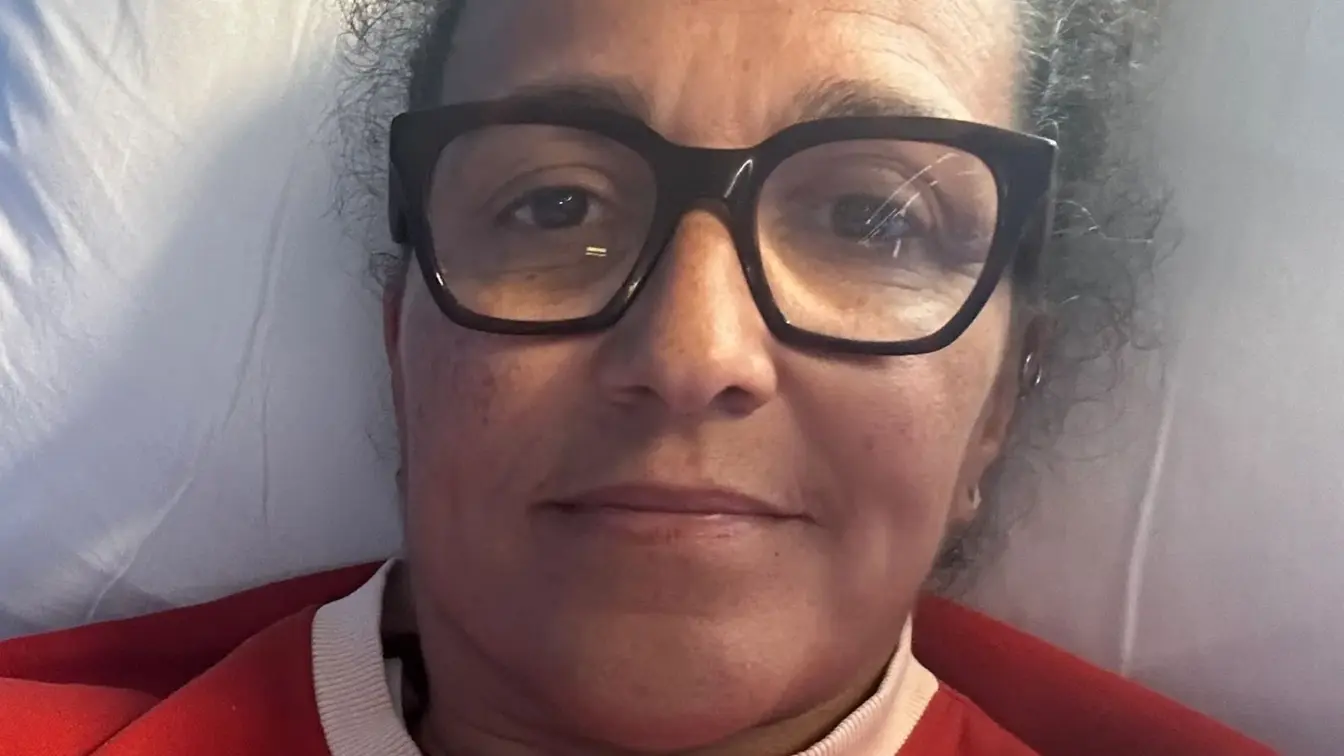T4K3.news
Codeine case prompts call for monitoring reforms
A Gloucester mother details a debt‑driven addiction that began after surgery and a lack of central tracking for OTC codeine purchases.

A Gloucester mother describes how a codeine addiction kept secret from family led to debt and recovery.
Gloucester mother battles hidden codeine addiction and mounting debt
Abby Johnson, 35, a single mother from Gloucester, developed a codeine habit after a gastric sleeve operation. She was prescribed two tablets every four hours for three weeks, but after the prescription ended she began using over‑the‑counter products to cope with withdrawal. She visited multiple pharmacies around town to avoid recognition and, at her worst, consumed about 244 tablets in two days and spent roughly £100 on a pack of pills. She kept the addiction hidden from her family, confiding only in her mother. By October 2024 she sought help through a drug and alcohol service and was started on a monitored replacement, Espranor. A relapse two weeks later almost proved fatal, but Naloxone saved her, and she has been sober for ten months since. Now she is working to rebuild her life, facing an £8,000 debt and aiming to break the stigma around opioids while pushing for safeguards on OTC codeine purchases. She has started a petition for a national database to track codeine sales so misuse can be prevented.
Her story underscores how a medical treatment can spiral into addiction when monitoring is weak. It also highlights the financial and emotional toll on families, and the need for treatment, debt support, and clearer rules around over‑the‑counter codeine. The broader lesson is that access to pain relief must be balanced with safeguards that protect vulnerable users, without compromising legitimate care.
Key Takeaways
"I wasn't paying the household bills. I got myself into £8k of debt."
Abby describes the financial consequence of her addiction.
"There is no system in the UK pharmacies that monitor how much stuff you're buying."
Critique of current monitoring gaps.
"I could have died. It scared me so much."
Overdose near miss and the emotional impact.
"Know you're not alone. Know it's not shameful. There is help out there."
Message of hope and support.
This case shines a light on a gap in the health system: no central check on how much codeine people buy over the counter. A national database could help spot risky patterns, but it raises questions about privacy and implementation costs. The story also shows how stigma and silence can trap families in secrecy, delaying help until crisis hits. If policymakers want to reduce harm, they should pair monitoring with accessible addiction support and clear pathways for debt relief and social services. In short, protecting patients requires both smarter systems and more compassionate care.
Highlights
- I wasn't paying the household bills. I got myself into £8k of debt.
- There is no system in the UK pharmacies that monitor how much stuff you're buying.
- I could have died. It scared me so much.
- Know you're not alone. Know it's not shameful. There is help out there.
Gaps in OTC codeine monitoring pose public health risk
The Gloucester case shows how a lack of centralized monitoring for over‑the‑counter codeine purchases can enable misuse and lead to debt, health crises, and family strain. It underscores potential budget and policy implications for health services and pharmacy regulation.
Recovery is possible, but stronger safeguards and support are essential.
Enjoyed this? Let your friends know!
Related News

CPS updates guidance on revenge porn cases

Urgent probe urged into private care homes

Fort Stewart Shooting Suspect Identified

Thames Water contingency plans approved

Boxing fatalities prompt safety review

Apple Watch alert helps save life after brain tumour

Investigation reveals failures in inmate welfare at HMP Risley

BBC star involved in nude scandal revealed as top earner
